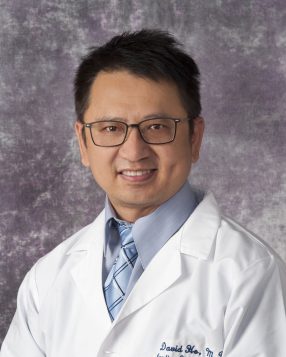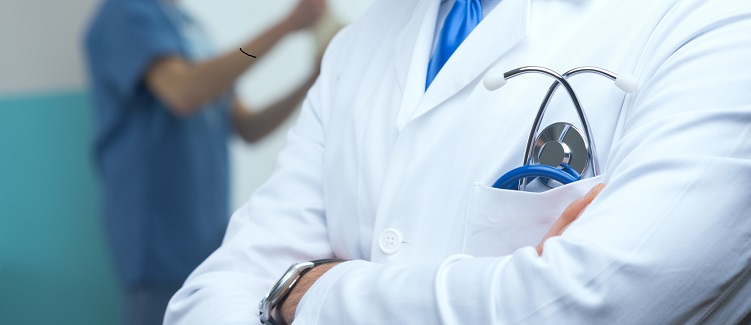What is cardiac electrophysiology? What if I have an arrhythmia? Do I need to travel for cardiac electrophysiology care?
There are many different aspects of cardiovascular care, involving the collaboration of specialized physicians. At the UPMC Heart and Vascular Institute, patients can have many of their cardiovascular care needs, from advanced cardiac imaging to cardiac rehab, met at one location.
Cardiac electrophysiology is one of those areas of care. David Ho, MD, who specializes in cardiac electrophysiology at UPMC Altoona, offers an in-depth look at this field, from an expert’s perspective.
Never Miss a Beat!
Subscribe to Our HealthBeat Newsletter!
Thank you for subscribing!
You can now select the specific newsletters you'd like to receive.
You are already subscribed.
Subscribe to more newsletters in our email preference center.
Sorry, an error occurred. Please try again later.
Get Healthy Tips Sent to Your Phone!
Q: What is cardiac electrophysiology?
A: It’s the study of the electrical system of the heart and how your heart beats. A normal heart beats in a regular pattern of 60 to 100 times per minute. An electrophysiologist is a doctor who is trained to identify abnormal heart rhythms and other conditions related to the heart’s electrical system. Cardiac electrophysiology requires training beyond a general cardiology fellowship.
Q: What is an arrhythmia?
A: An arrhythmia is a disorder of the heart’s electrical system. It can affect its rate of rhythm, causing a fast, slow, or irregular heartbeat. Your blood carries oxygen and nutrients to every organ in the body. So, when the heart isn’t pumping effectively, organs may become damaged or shut down.
Q: How do I know if I have an arrhythmia?
A: Because arrhythmias are common, especially as we get older, the occasional skipped heartbeat or fluttering or racing heart may be harmless. If your doctor suspects an arrhythmia, you’ll be referred to a cardiologist who can order an electrophysiology study to determine the type of arrhythmia you have and how best to treat it. Some arrhythmias require immediate medical attention.
One of the most common arrhythmias is atrial fibrillation (AFib), caused by rapid and disordered electrical signals in your heart. AFib is the leading cause of stroke.
Q: Will I need to travel to Pittsburgh for testing and treatment?
A: No, because you have world-class heart care at numerous locations throughout the area, including right here at UPMC Altoona. Our electrophysiology lab offers the most advanced treatments, available for heart rhythm disorders. We also offer maintenance care for patients with pacemakers, ICDs, and other heart regulating devices, and can evaluate device function, programming, and adjustments. Cardiology services at UPMC Altoona also include:
- Advanced diagnostic imaging
- Heart catheterizations
- Heart failure management
- Cardiac rehab
- Heart surgery
- Vascular and endovascular surgery.
As a partner with the UPMC Heart and Vascular Institute in Pittsburgh, our team uses the latest diagnostic tests, research-based therapies, and prevention techniques. Our patients also have access to the latest heart assist devices and clinical trials.
For more information or to schedule an appointment at HVI Altoona, please call 814-946-1655 or visit UPMC.com/HVIAltoona.

Dr. Ho is board-certified in cardiovascular disease and internal medicine by the American Board of Internal Medicine and echocardiography by the National Board of Echocardiography. He is also board-certified in nuclear cardiology by the Certification Board of Nuclear Cardiology.
About Heart and Vascular Institute
The UPMC Heart and Vascular Institute has long been a leader in cardiovascular care, with a rich history in clinical research and innovation. As one of the first heart transplant centers in the country and as the developer of one of the first heart-assist devices, UPMC has contributed to advancing the field of cardiovascular medicine. We strive to provide the most advanced, cutting-edge care for our patients, treating both common and complex conditions. We also offer services that seek to improve the health of our communities, including heart screenings, free clinics, and heart health education. Find an expert near you.
